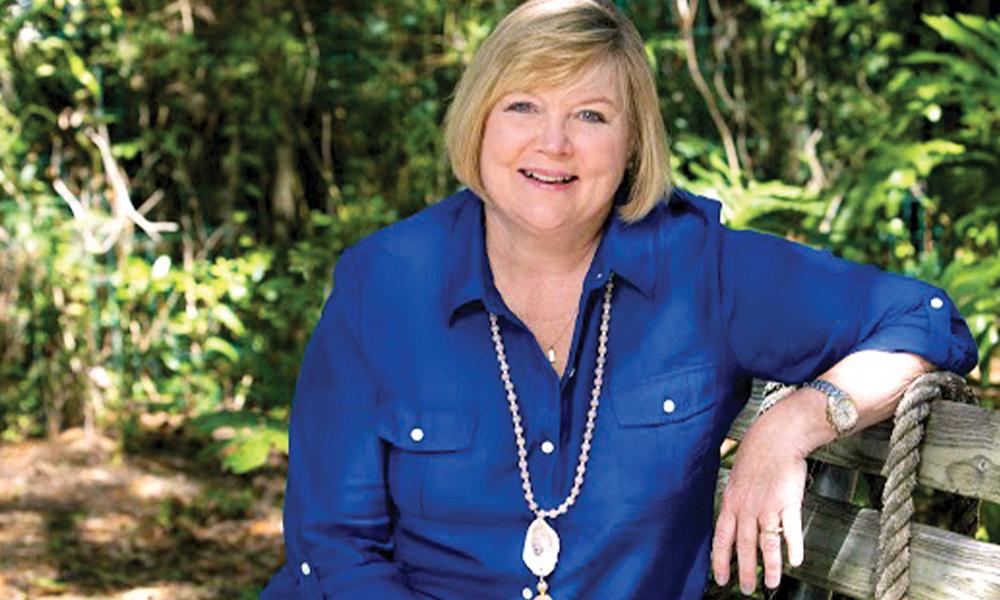
Staying Catholic in the Public Square
When Shannon Erickson first became a teacher, she was hoping to make a difference in the lives of young children and their families.
When Shannon Erickson first became a teacher, she was hoping to make a difference in the lives of young children and their families.
She never dreamed that would lead her to a career in politics, but that all changed when appropriate early childhood practices collided with misguided bureaucratic regulation. Shannon put children and families first, taking on government agencies and finally engaging the governor to correct red-tape overreach. That victory and activism led her to run for office so that she could continue to work for the betterment of children’s lives and collaborate with parents and families for more meaningful government policy.
Here, S.C. Representative Erickson answers a few questions about maintaining her Catholic faith while navigating the sometimes contentious life of a politician.
What does it mean to be a Catholic legislator?
I am confident that God does not distinguish political groups or monikers as an identifier in his assessment of our time on earth. That said, I am equally certain that our thoughts, words and deeds are [assessed] so my work as a legislator should reflect my faith, Catholic belief and value system.
Protection of human life and the sanctity of human dignity are forefront in that work, which means my service includes myriad ways that the government can positively impact citizens. My Catholic faith means I am dedicated to the people I serve through constituent services, passing good legislation and halting the bad. It means that I push pro-life laws, educational choices for our children, healthcare choice and accessibility, and protections of religious freedoms.
How do you meld your faith into your public life as a representative in the S.C. House?
I believe we are called by God to live a faith-filled life no matter what your vocation or avocation — wherever your journey leads. Some things help me to maintain focus:
First, prayer is a necessary part of any positive day and can be a unifying time. I start most meetings I chair with prayer to start our work with his plan in mind.
Second, acknowledge that no one is perfect, and in the spirit of reconciliation, I strive to do better each day and to not repeat the same mistakes. I also work hard to forgive those who knowingly or unknowingly hurt my heart in words or deeds the day before.
Lastly, I try to apply “the Golden Rule.” Integrity matters and doing the right thing, building consensus and leading with positivity is our Christian duty.
Where have you found the greatest joy in your public service?
The blessings of this service are great, and I am so thankful for all the wonderful people I have met through this journey. Helping citizens of all walks of life — with government problems, bringing resolution of an issue, providing an open ear and a voice for those who cannot speak for themselves — keeps me working and warms my heart.
What is your greatest challenge?
Challenges come aplenty — this is politics after all. Nothing worth doing comes easily and the journey is often much of the value. That said, the toughest parts of the job are when compromises present themselves as the only avenue forward. Whether a calendar conflict, a content controversy or a funding feud, few legislative initiatives escape tough choices or give and take. Reconciling dueling sides is the biggest challenge in my estimation. The job requires much prayer, research, collaboration and self-reflection.
What would you say to someone thinking about public office?
Please consider offering yourself for public service in some way. As people of faith, it is imperative that we be part of the fabric of our communities, servant-leaders with principles and dynamic encouragers of responsible and just government. Step up in whatever way fits your family, talents, job and other commitments. If not elected office, please consider volunteering for a board or commission.
